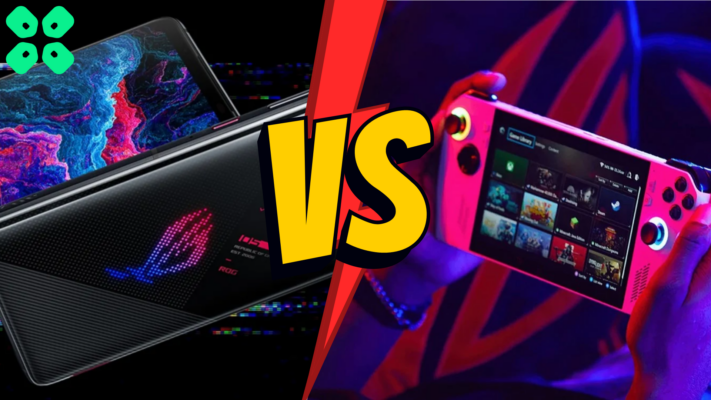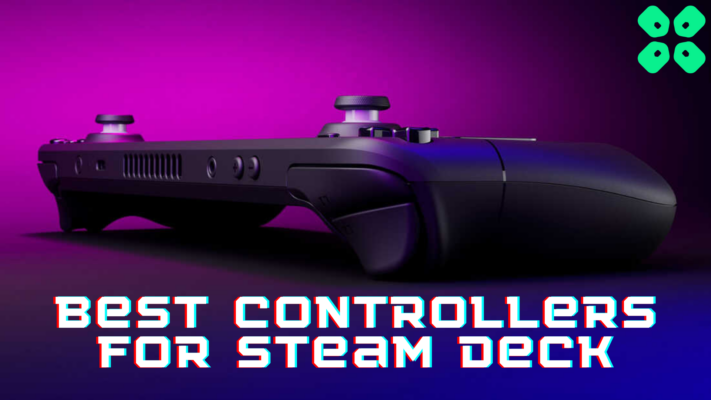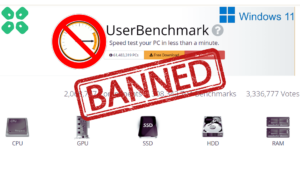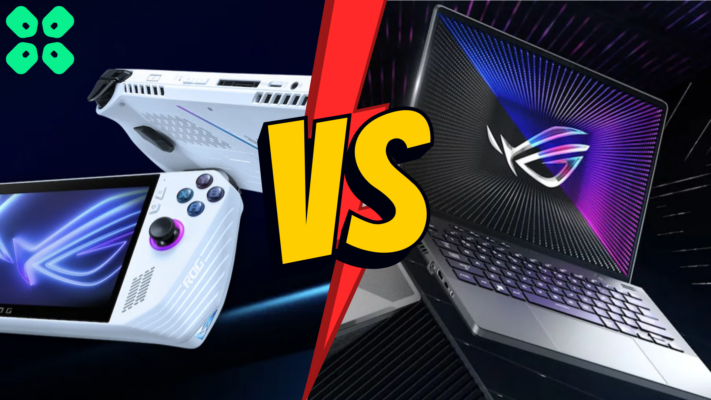You might be prepping up for your new gaming PC.
Or, just here to learn about the Graphic cards.
In this guide, I’ll be telling you everything you need to keep in mind before you make your Graphic Card purchase.
If you are boosting your gaming experience, then your GPU is more important than your CPU.
Buying a GPU isn’t easy, I understand!
I’ll make this decision easy for you in terms of your budget and your requirements explaining each component in depth providing the best value for each measure.
NOTE: This post doesn’t list the best GPUs to buy, but explains how you can the buy the best one. You’ll learn the right things to consider with occasional GPU deals in the following post.
There are multiple factors and many more numbers that you need to consider before buying a graphic card. Factors such as VRAM, GPU cores, cooling, and many more questions pop up. I’ll let you know all, and also tell you the best for your usage.
Let’s first get started with the basics:
GPU vs CPU? What’s the Difference?
The GPU comes next to your CPU when measuring overall performance.
As the name tells, the graphics card is related to displaying graphics that your PC is working on. And it’s directly proportional to your visual experience with a powerful GPU. GPU is a chip that a graphic card uses. You will usually pick a graphic card that behaves like plug n play in your CPU.
Earlier, it was only the CPU’s task to display graphics, and CPU isn’t very efficient in painting images to displays. For this particular reason, we now see GPUs have gotten very common in mobile phones too.
GPUs now are much faster than CPUs in terms of processing large amounts of image(3D) information. You don’t even realize how quickly it gets your job done using complex methods and performing parallel tasks.
Before we get started, Let’s make some things clear
- Divide budget accordingly: All your money shouldn’t be going into the graphics card, keeping in mind how expensive they can get and that all your tasks are not handled by your GPU. Additionally, if you don’t have a good CPU, GPU alone can’t do much. It would be wise to plan your budget accordingly and give a due share to the CPU.
- LED Resolution: Buying a card that supports 4k won’t be beneficial if you have a 1080p LED Monitor. In similar cases, you need to match your monitor resolution with what your graphic card supports.
- LED Refresh rate: Typically, monitors have refresh rates at 60Hzm, but if you have a monitor with a refresh rate of 120Hz/144Hz, then you would need a much powerful GPU to match with it. Likewise, you should buy a GPU that matches your monitor’s refresh rate.
- Supported casing: One of the determining factors is the size of your casing. You should know if your current casing supports a card or you might need a new one.
- Supportive Power Supply: As GPUs are power-intensive, a good power supply that can bear all the load needs to be installed. Each GPU comes with a recommended power supply, so you can check if your current GPU is supported.
- Launch Price comparison: Before checking out on any deals, that sometimes show a fake price and a huge discount to attract you, you need to check the launch price in additions
- Dual cards are a big NO: Games are not developed keeping multiple GPUs in mind and most of the applications too. You won’t notice much difference in having more GPUs. So, investing in a single Graphic card would be a wiser decision.
- Overclocking isn’t helpful. Overclocked GPUs consume more power and their throughput comes at a 5-10% increase where a better GPU would be better than an overclocked GPU.
Budget
Most important factor.
If you are building a new PC, I would recommend you take around 30-35% of your budget for your GPU. This would automatically make your PC complete and make your CPU and GPU match as well.
Like any product, there are all kinds of variations to choose your graphic card.
There are budget graphic cards, mid-range, and super high ends ones. These variations can range from a few hundred to over a thousand dollars(USD).
Key GPU Specs and their Ideal Values
- Memory: Very important!
Behaves like your RAM, and you would want a higher Memory to get better performance. We recommend you to get a graphic card with a minimum of 4GB. You get 6Gb variants, and an 8GB would be one of the best fits to support smooth gaming at 1080p.
Memory bandwidth plays an important role in accelerating your GPU as well.
- Space: Graphics cards come in different sizes, and generate a lot of heat. You need to look at the length, height, and thickness of the graphic card you’re using. You’ll see different shapes and sizes that may be slim, have a single slot, or even triple slot. The most common form factor is with full height and double expansion slots.
- Cooling: Apart from expensive water cooling systems, and more expensive methods to cool your Graphics card. Check out the heat sink attached, and a basic fan that will keep it cool apart from the graphic card’s fan. You might need more fans for equaling the high TDP value.
If a GPU generates a lot of heat, it means its TDP value is high, and a matching power supply is needed. A 600W PSU is enough for most of the cases while an upgrade would be needed if you overclock your GPU. - Ports & Connectors:
Cards require PCIe power connector(6 & 8-pin). Each card with its own set of connectors ranging from 1 up to 8. A graphic card with power connectors is recommended. Similarly, you need to keep an eye on which cable/ports does your monitor support, so a card with similar capacity is required. Check if your monitor supports HDMI or display port, and make your decision accordingly. - TFLOPS / GFLOPS: Similar to clock speeds importance in case of your processor, TFLOPS, or trillions of floating-point operations per second tell us how well a GPU can perform. GFLOPS is a billion TFLOPS. It’s calculated by my multiplying Core count with clock speed and 2(Core Count * Clock Speed * 2).
- Cores & Clock Speed: As explained in the case of CPU, Clock speed is one of the measures to measure performance. And similarly, cores also give you partial information about your GPU performance. Both factors are important in deciding your GPU but the higher value of a single measure won’t make a considerable difference. While comparing core counts, you need to keep in mind that the graphic cards follow the same architecture. This will give you a better understanding and a realistic comparison.
- RT / Tensor Cores: For now considering a tensor core GPU isn’t a wise. As we don’t have games that support and additionally the first-gen is not good enough too. Ray tracing-focused RT cores and machine-learning oriented Tensor Cores hold huge potential, and as their second-gen comes, with support from games then only would it should be considered to buy.








You have made things super easy for us. Thanks for sharing incredibly relevant information.
Thanks a ton Ali!
You have made things super easy for us. Thanks for sharing incredibly relevant information.
Thanks a ton Ali!